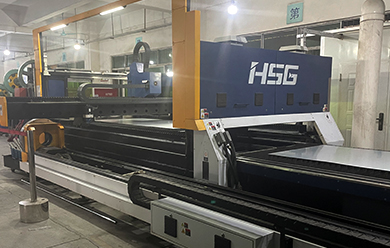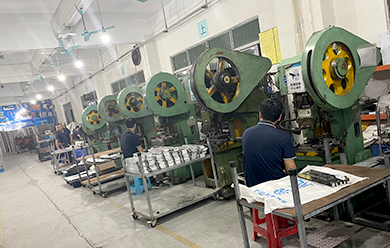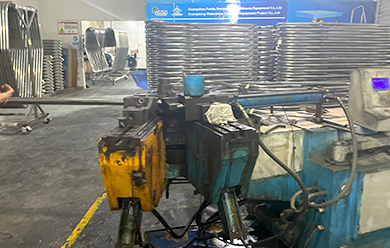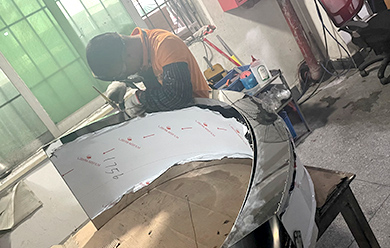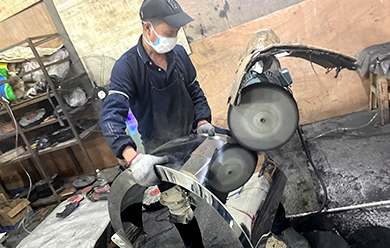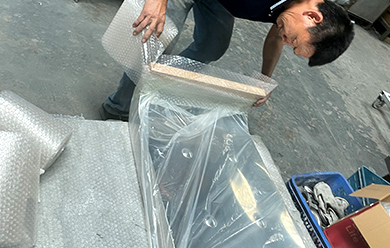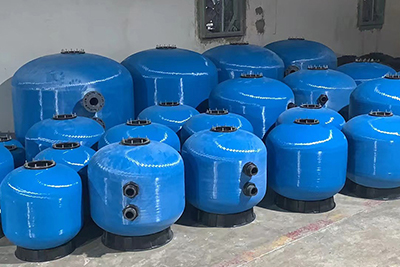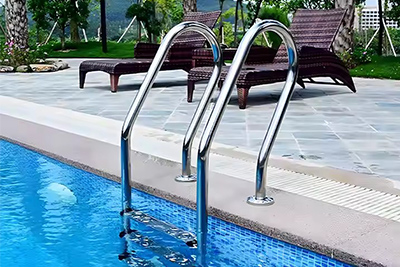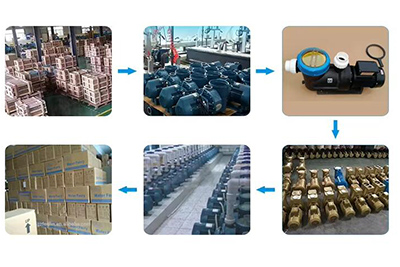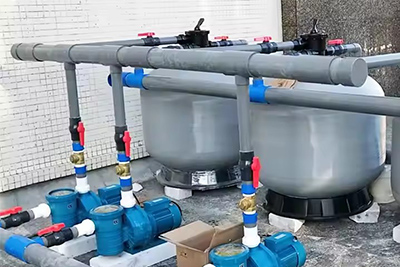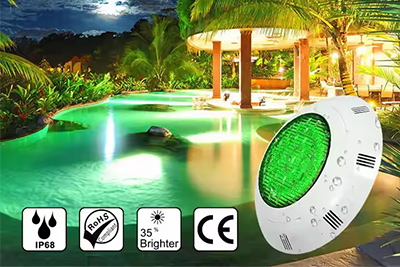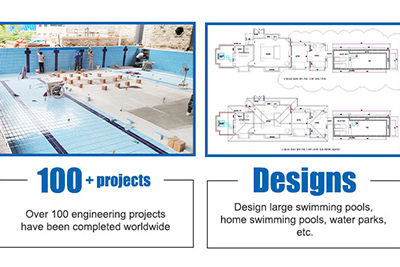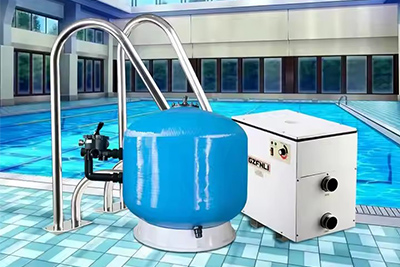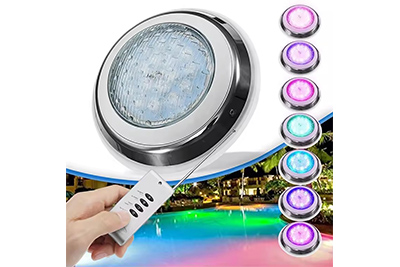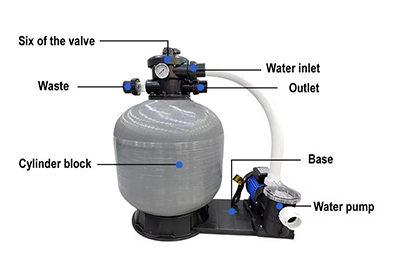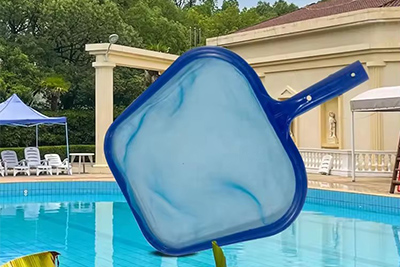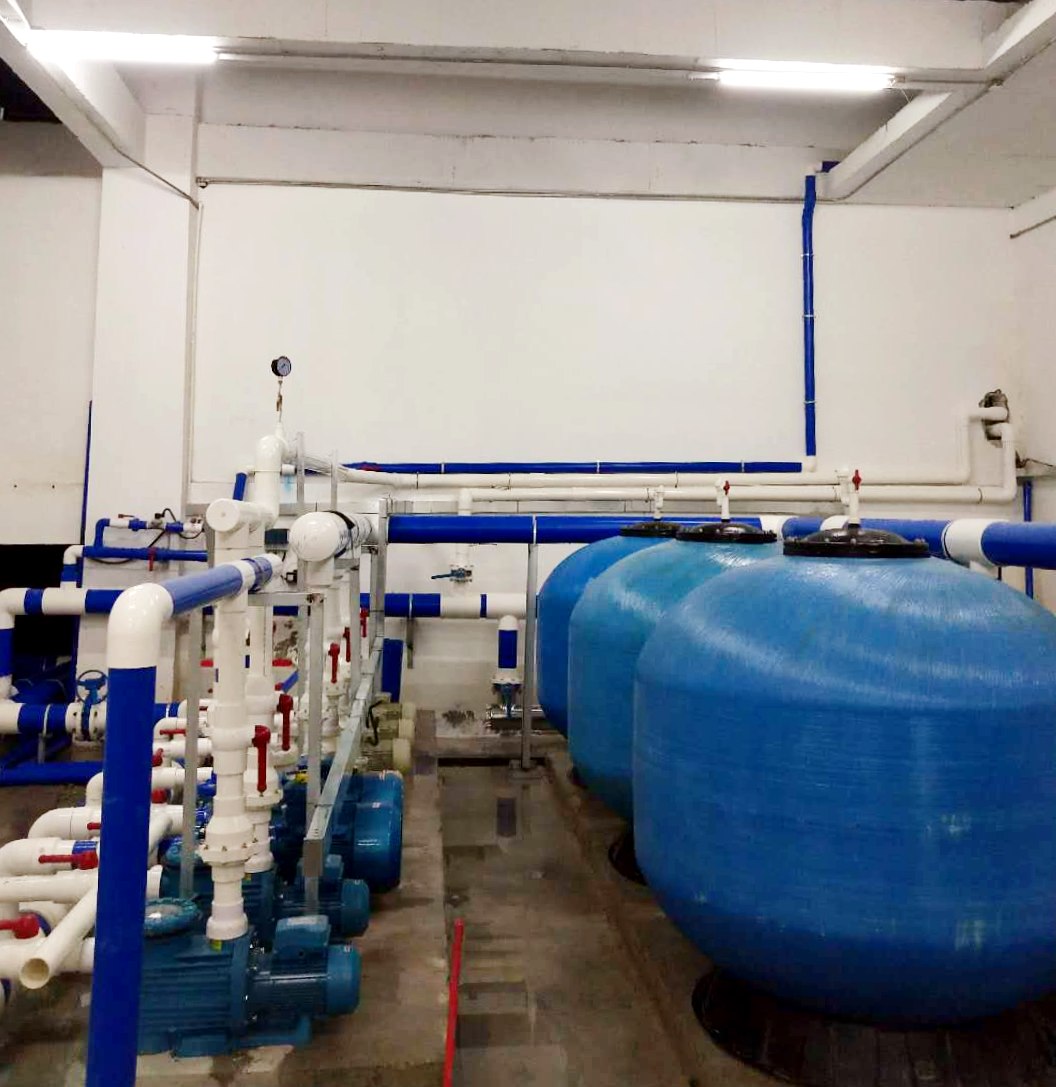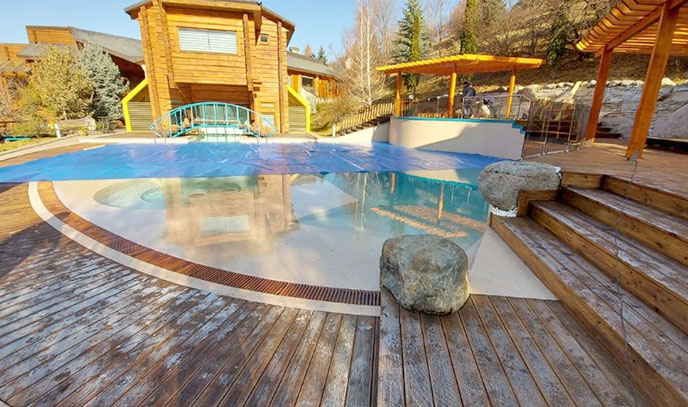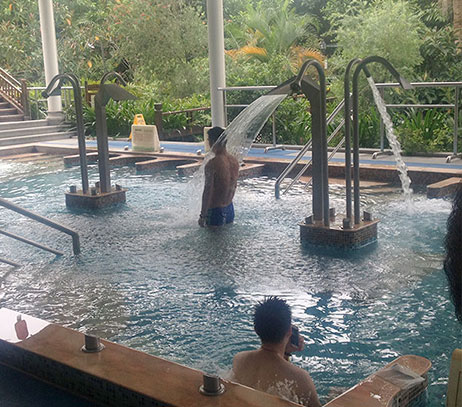о фенлине
Гуанчжоу Fenlin плавательный бассейн и оборудование для сауны Co., Ltd, основанная в 2004 году, профессионал в производстве и продаже оборудования для сауны, оборудования для бассейнов, оборудования для СПА и оборудования для фонтанов. Тем временем наш собственный бренд развил наш зарубежный рынок примерно в ста странах, а также развил сеть продаж, охватывающую большинство восточных крупных городов дома. Товары: Мы производим оборудование и аксессуары наших торговых марок. Мы также получили разрешение представителя некоторых известных брендов в этих регионах. Продукты можно разделить на серию саун, паровую серию, серию бассейнов и серию фонтанов под открытым небом. Наши бренды: ФАНЛАН: зарегистрирован 21 декабря 2005 г. ФАНЛАН: зарегистрирован 28 ноября 2005 г. SAWO: зарегистрирована 21 июня 2006 г. FINNFORST: зарегистрирована 14 апреля 2007 г. Фабрика: Завод расположен в районе Байюнь Гуанчжоу, основан в 2004 году и в настоящее время занимает площадь около 10000 квадратных метров, на нем работает более 50 рабочих и три производственные линии. Под систематическим управлением и строгим контролем качества мы заработали хорошую репутацию в отрасли. Мы предоставляем клиентам такие услуги, как поиск продукции, проектирование и проектирование, производство OEM, контроль качества, проверка отгрузки. Наши преимущества История бренда Преимущество бренда Ценность бренда Квалификация бренда Компания Fenlin, основанная в 2004 году, имеет 19-летний опыт производства оборудования для бассейнов и саун. Наша фабрика расположена в городе Цзянгао, район Байюнь, GZ, Китай. Он занимает площадь 10 000 квадратных метров и имеет 3 профессиональных завода. Fenlin специализируется на производстве оборудования для саун и бассейнов. Fenlin представляет зарубежное передовое оборудование. Наша продукция экспортируется во многие страны. Компания Fenlin рекламировалась во многих основных социальных сетях в зарубежных странах, надеясь, что ее оборудование для бассейнов и саун станет глобальным! И он надеется стать отличным брендом нашей продукции. Fenlin предлагает лучшее качество и сервис каждому клиенту. Топ-10 китайских брендов оборудования для плавательных бассейнов; Топ-10 китайских брендов оборудования для сауны; Топ-10 китайских брендов спа-оборудования; Наши сертификаты Наша команда



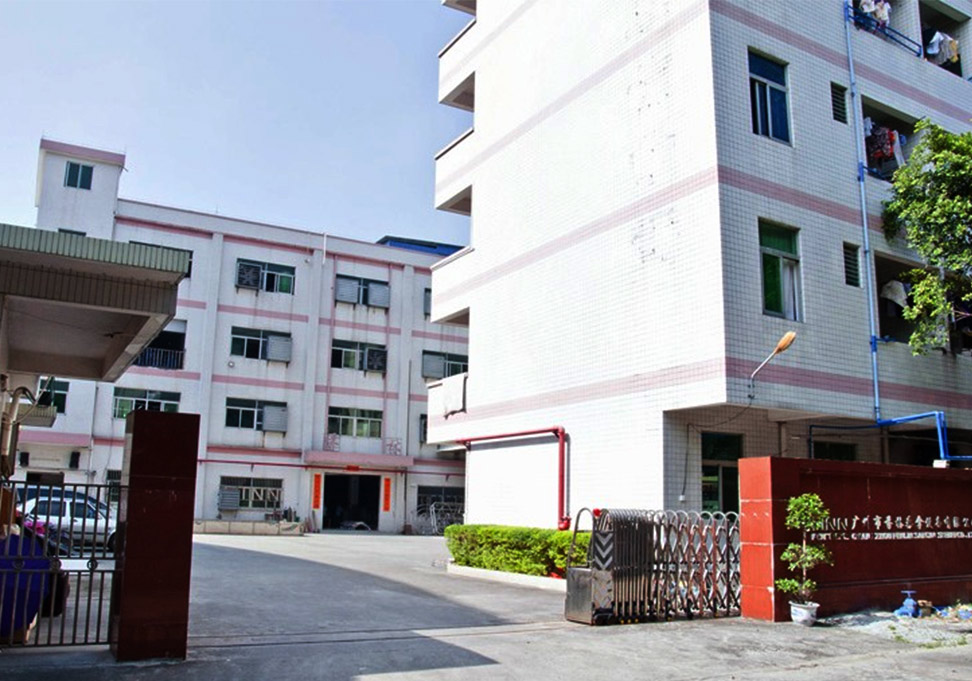
.jpg)
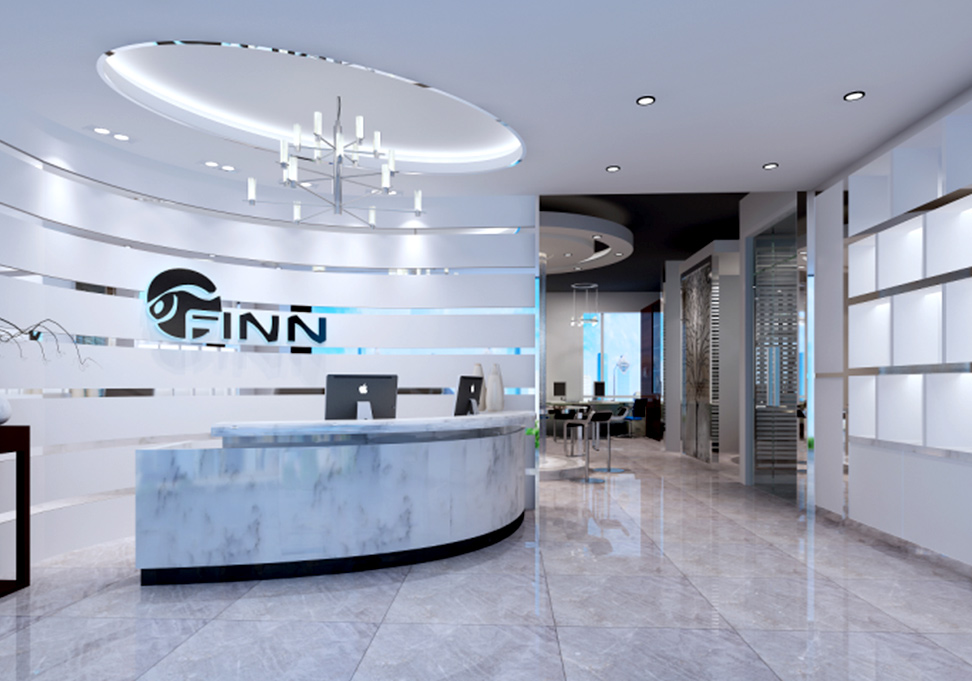
.jpg)
